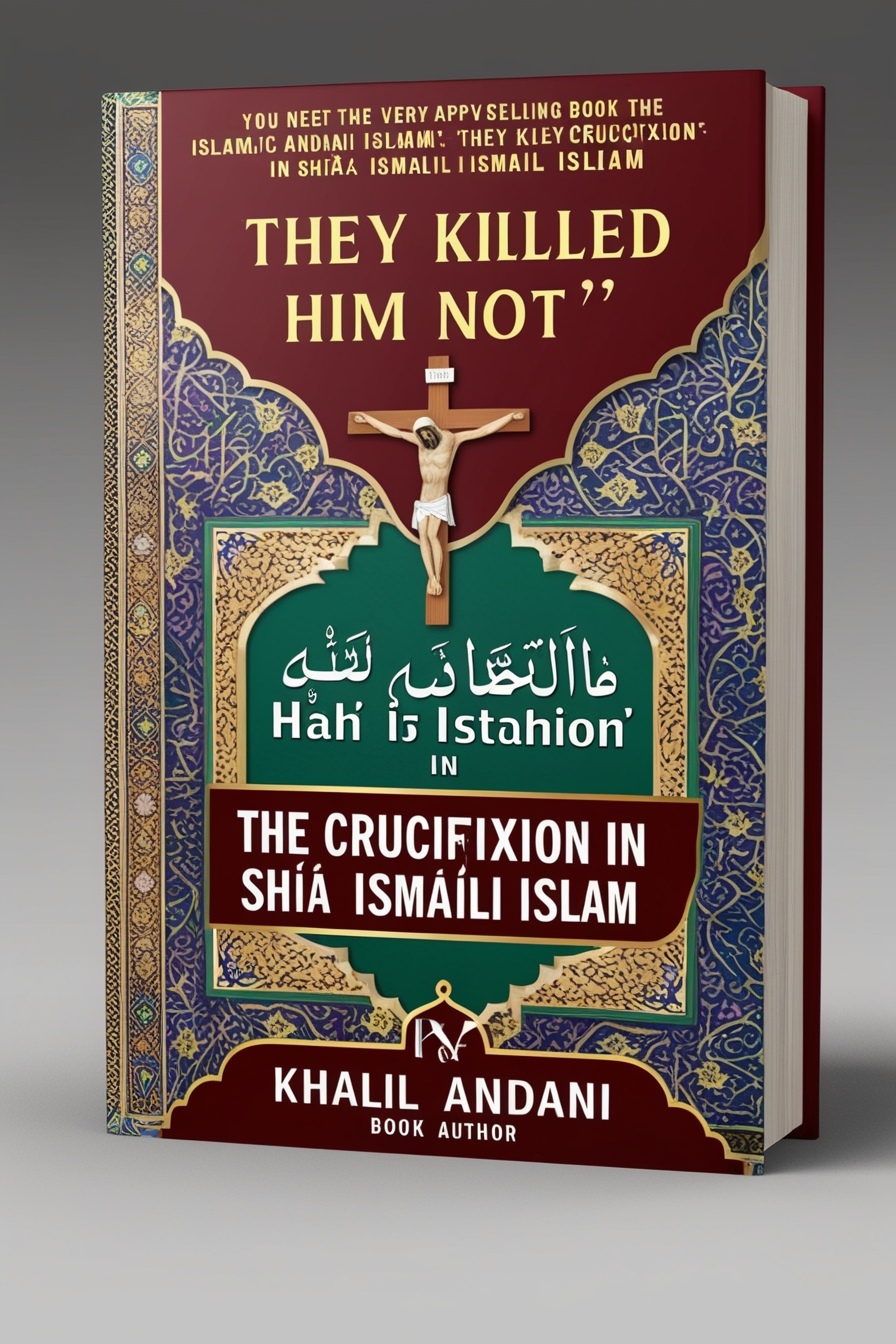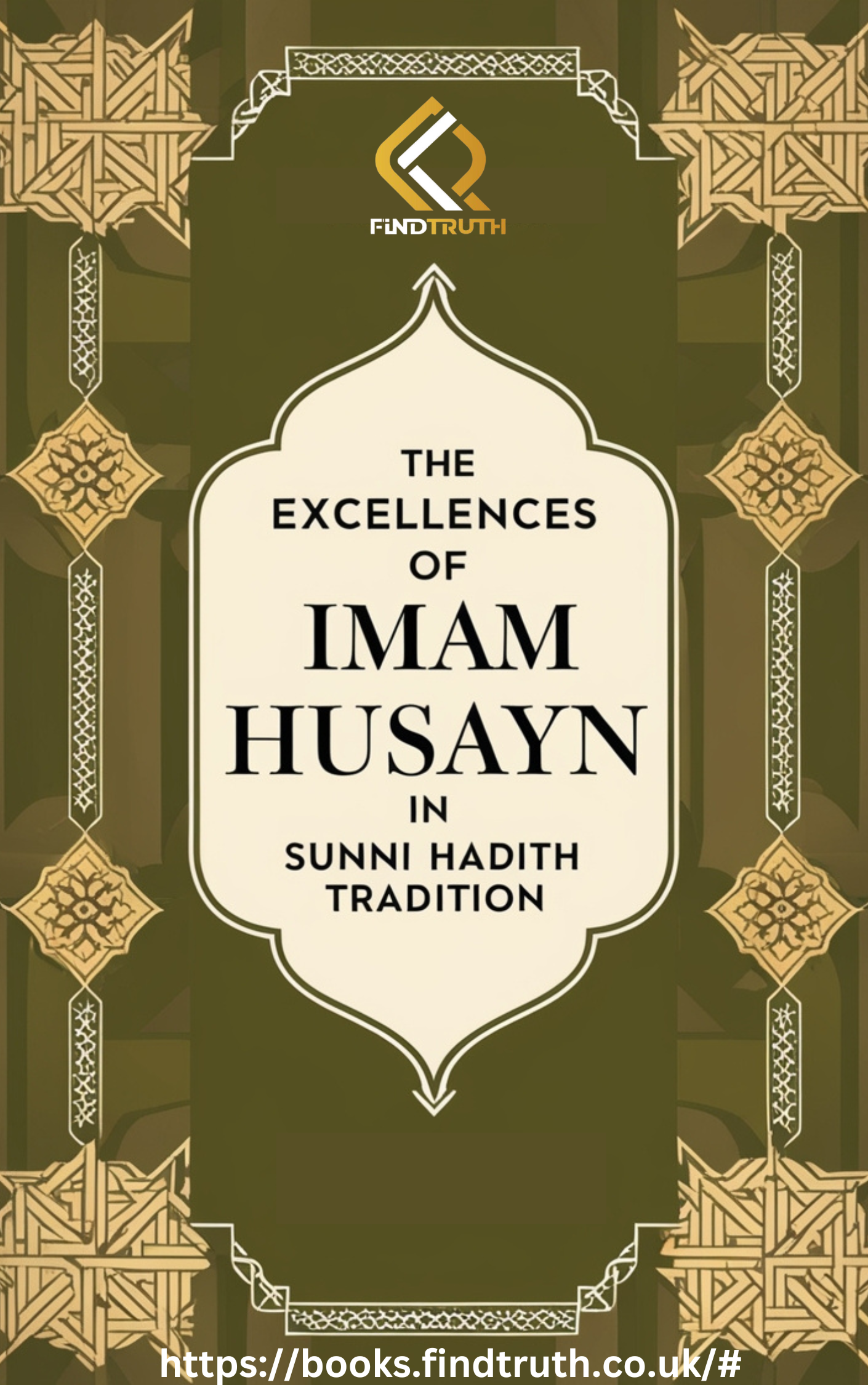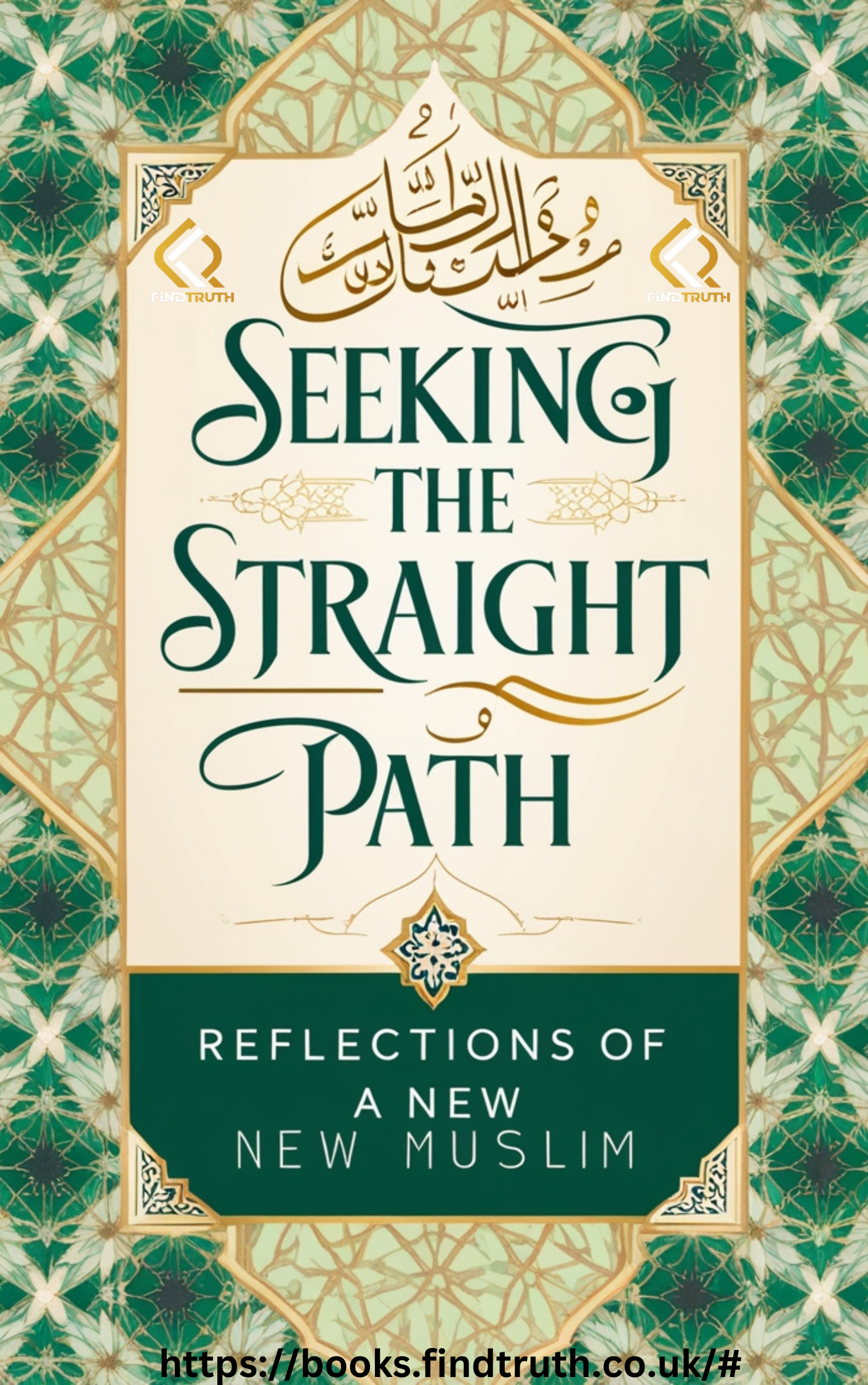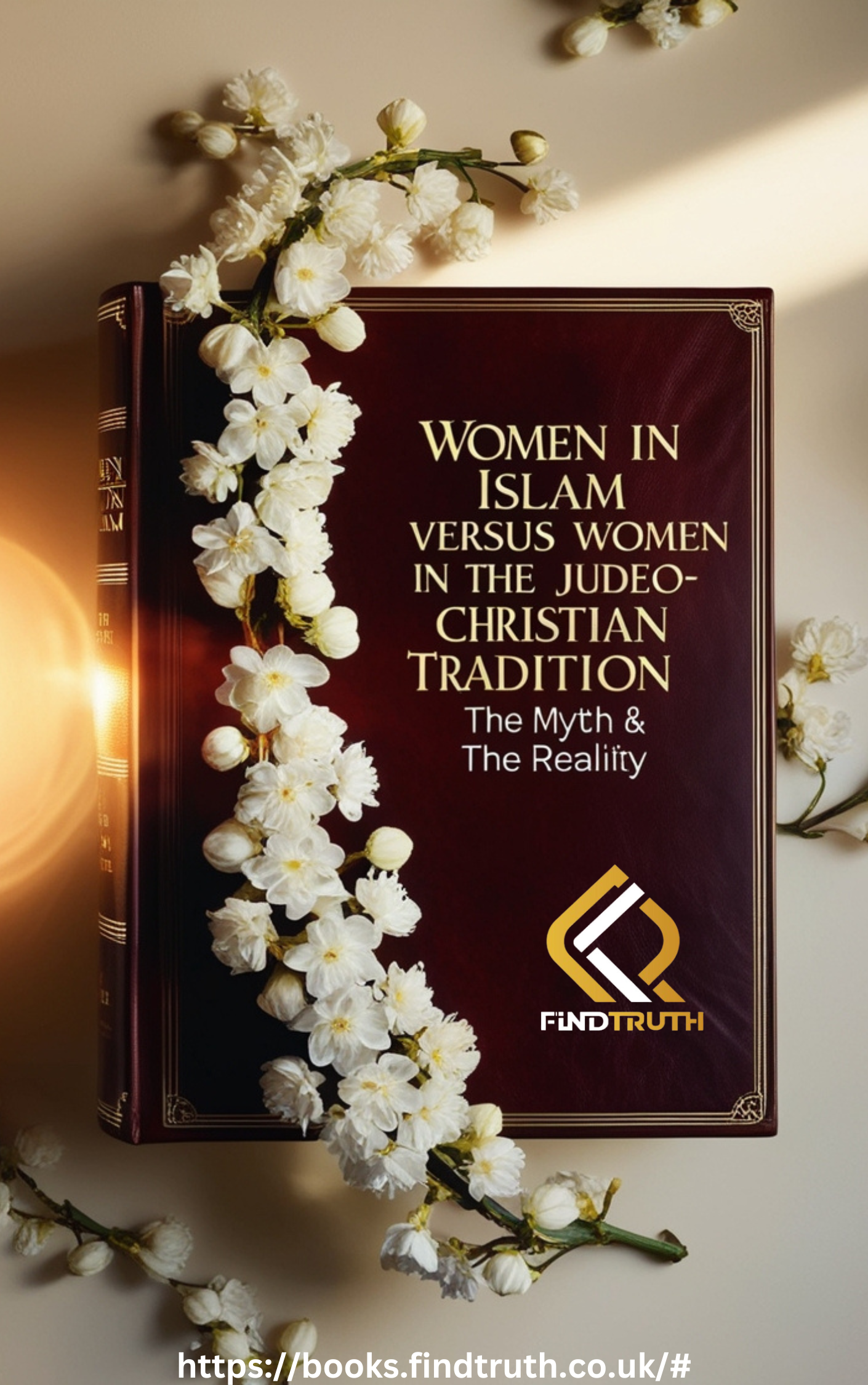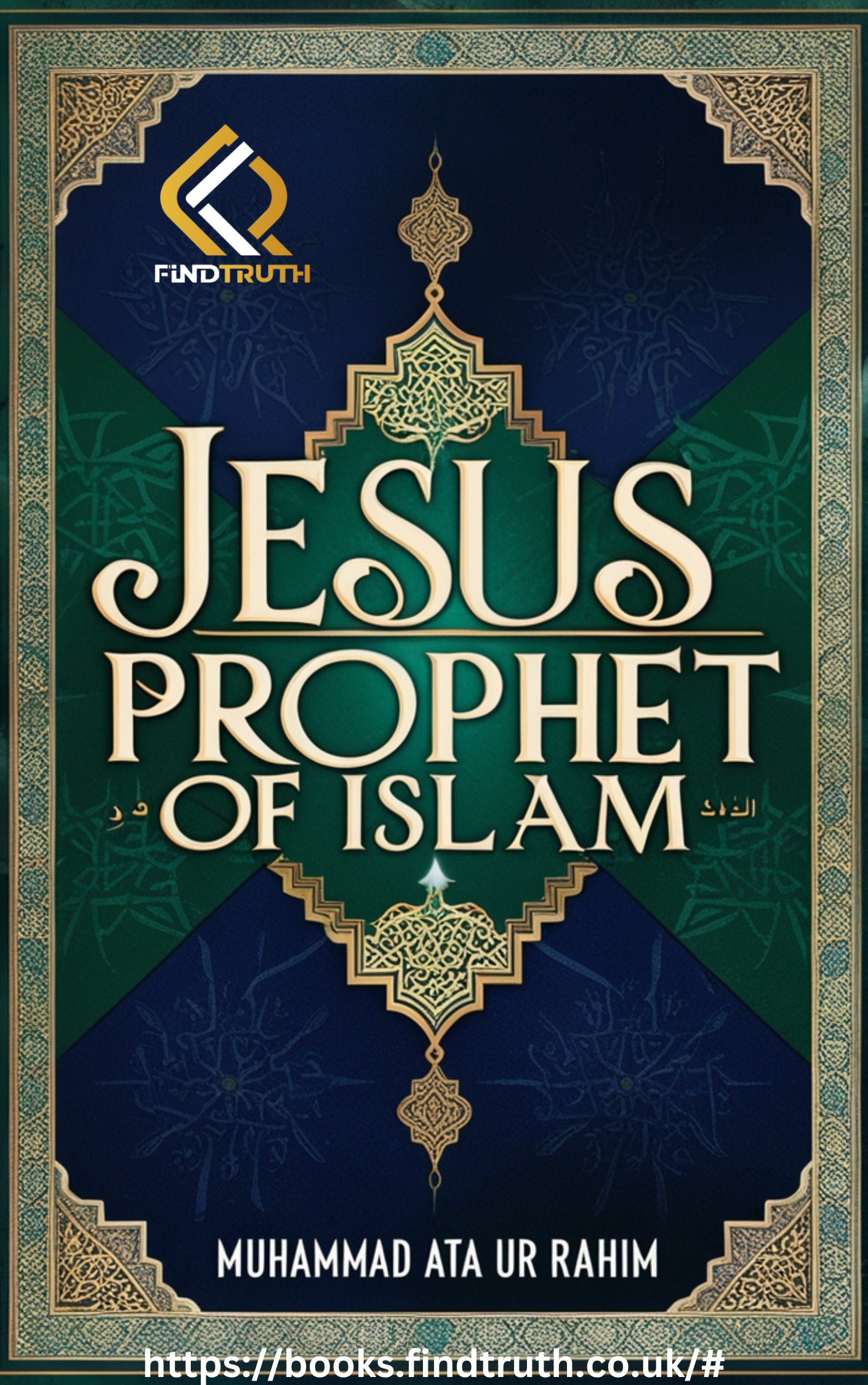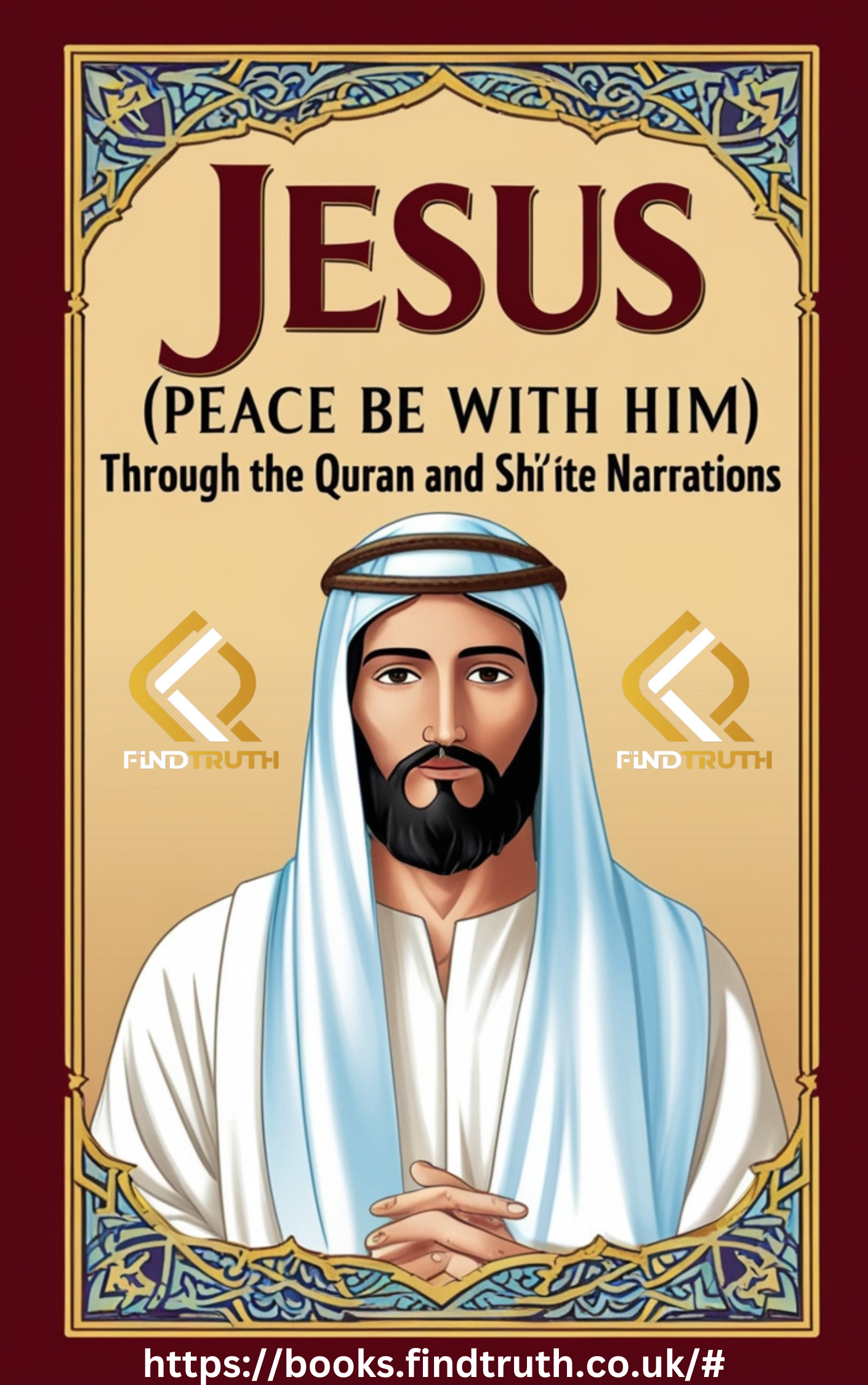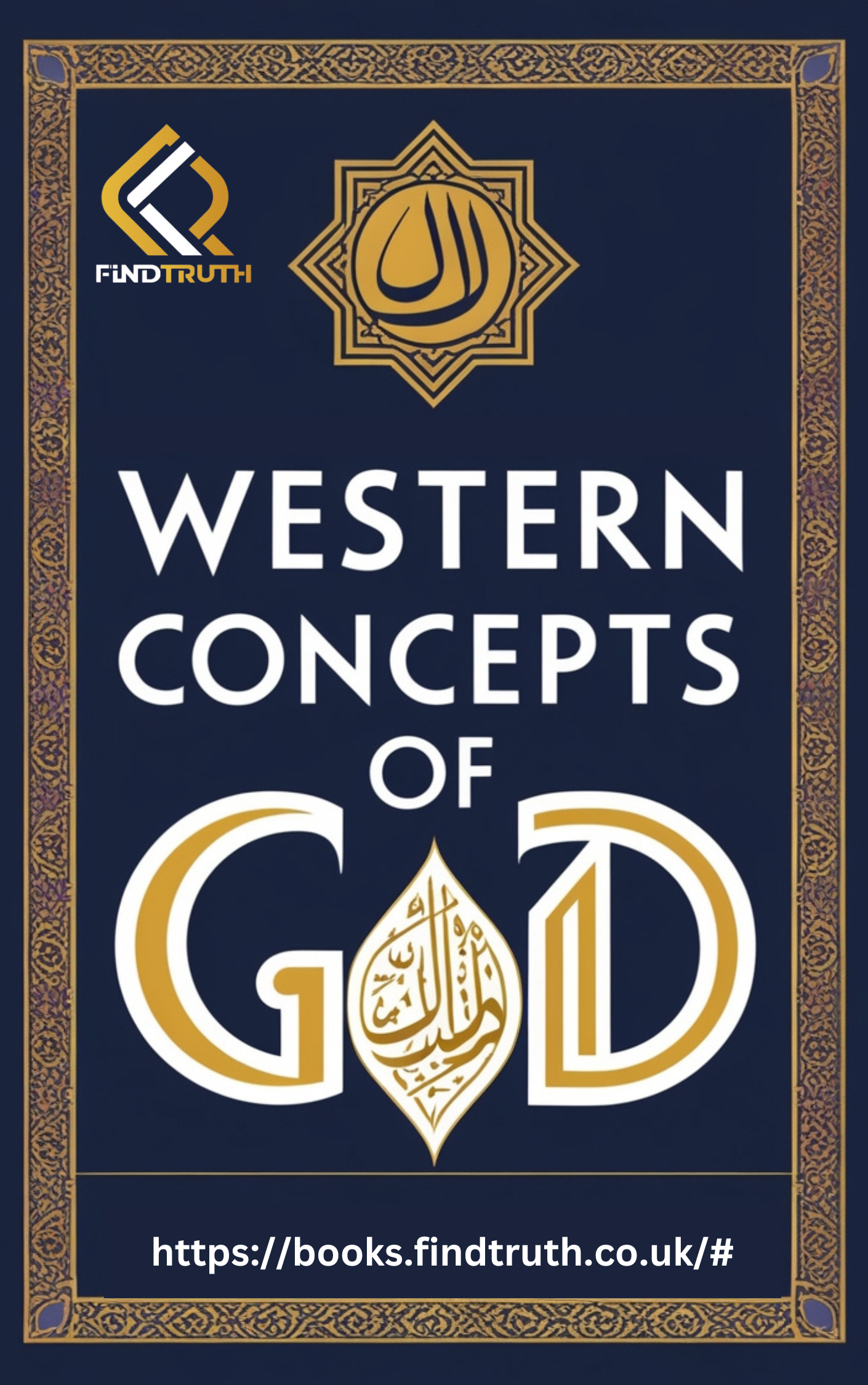
- Beliefs
-
Muslim Practices
- Salah (Daily Prayers)
- Sawm (Fasting)
- Hajj (Pilgramage to Makkah)
- Zakah (Charity Giving)
- Khums (Giving One-Fifth of Annual Saving)
- Jihad (Striving in the Way of God)
- Amr bil Ma'ruf (Encouraging Good)
- Nahy 'an al-Munkar (Stopping Evil)
- Tawalla (Loving the Prophet & His Family)
- Tabarra (Disassociating from the Enemies of the Prophet and His Family)
- Islamic Education
-
Akhlaq - (Ethics)
-
Quran & Sciences
-
Islamic History
-
Socio-Cultural
- Islamic Holy Places
-
Supplications
- Home
- Feature Selections ★
- Beliefs 🛐
-
Muslim Practices ☪️
- Salah (Daily Prayers)
- Sawm (Fasting)
- Hajj (Pilgramage to Makkah)
- Zakah (Charity Giving)
- Khums (Giving One-Fifth of Annual Saving)
- Jihad (Striving in the Way of God)
- Amr bil Ma'ruf (Encouraging Good)
- Nahy 'an al-Munkar (Stopping Evil)
- Tawalla (Loving the Prophet & His Family)
- Tabarra (Disassociating from the Enemies of the Prophet and His Family)
- Islamic Education
-
Akhlaq - Ethics 🔑
- Quran and Sciences 📖
-
Islamic History
- Socio-Cultural
- Islamic Holy Places
- eBooks
- They Killed Him Not”: The Crucifixion in Shi‘a Isma‘ili Islam
They Killed Him Not”: The Crucifixion in Shi‘a Isma‘ili Islam
(0 User reviews)
837
506
Khalil Andani
Khalil Andani
2011
crucifixion in Islam, Jesus in Islam, Shi'a Isma'ili view on crucifixion, Islamic view of Jesus, Jesus was not crucified, Islamic comparative religion, Khalil Andani, Shi'a Isma'ili theology, Jesus in Quran, Islamic interpretation of crucifixion
20
English
A theological examination of the crucifixion of Jesus from the perspective of Shi'a Isma'ili Islam offers insights into how this event is understood differently in Islamic tradition.
In "They Killed Him Not: The Crucifixion in Shi'a Isma'ili Islam," Khalil Andani explores the theological interpretation of the crucifixion from the perspective of Shi'a Isma'ili Islam. The book delves into the Islamic belief that Jesus was not crucified but was saved by God, contrasting this with Christian narratives and examining how Isma'ili thought offers a unique interpretation of this significant historical event.
There are no reviews for this eBook.
0
0 out of 5
(0 User reviews )
There are no comments for this eBook.
You must log in to post a comment.
Log in
Related eBooks
By using our site you agree to our use of cookies to deliver a better site experience.
